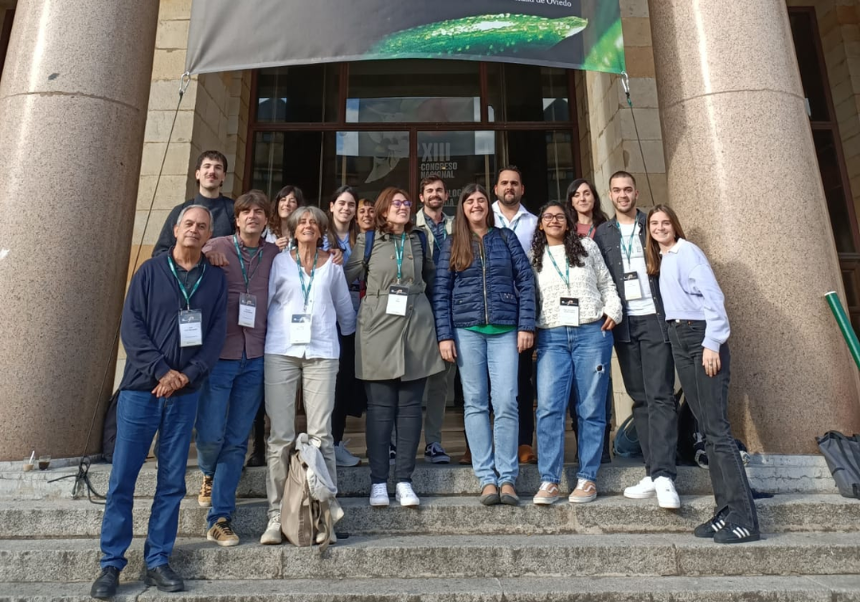Animals serve diverse roles in human society, providing companionship, work, sports, and essential food. It is crucial to recognize the economic and ecological importance of livestock farming. Addressing pathogen spread in mass-reared animals is vital for animal welfare, public health, and food safety. This project aims to study the control of parasites in domesticated animals. The objectives include unraveling the determinants for resistance to acaricides in V. destructor, a devastating pest for honeybees, and evaluating the activity of Bt strains against animal parasitic nematodes. The multidisciplinary research group will also perform surveys on the distribution of V. destructor resistance in Spanish apiaries and will carry out screenings to detect Bt strains with nematicidal activity. Moreover, we will undertake studies to optimize Bt protein production and assess their toxicity but also to understand the mode of action and resistance of mites to acaricides and nematodes to Bt. The results will contribute to the design of better management strategies, fostering an ecological and sustainable transition while enhancing livestock farming yield with minimum environmental impact.














